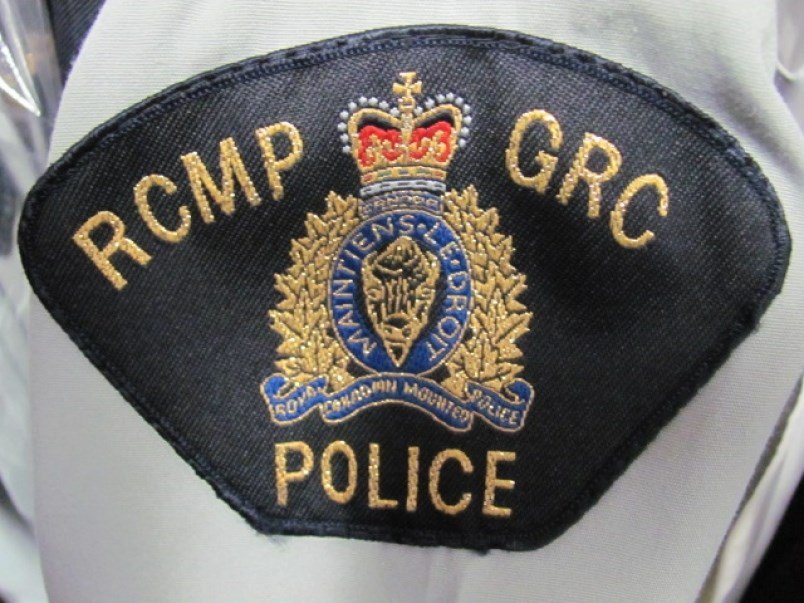The head of the RCMP’s union has voiced strong concern over what he says are unacceptable delays in police oversight investigations. This comes after a BC police watchdog referred a Prince George shooting case to prosecutors more than four years after the incident.
The case stems from a May 31, 2021 traffic stop in Prince George that turned violent. During the stop, which took place near Victoria Street and 15th Avenue, police discharged a firearm. One man was seriously hurt and taken to the hospital with life-threatening injuries.
This week, the Independent Investigations Office (IIO) of British Columbia announced that it had finished its review. The agency found reasonable grounds to believe that an officer may have committed a criminal offence related to the shooting. The case has now been passed to the BC Prosecution Service to decide if charges will follow.
Brian Sauvé, president and CEO of the National Police Federation (NPF), which represents about 20,000 RCMP members across Canada, responded to the announcement with frustration. He said that the years-long delay not only harmed the officer involved but also hurt public confidence in the system.
Sauvé said in a public statement on Friday, August 1, that the four-year timeline was deeply troubling. “Once again, a case under investigation by the IIO has stretched over four years,” he said. “This length of time is simply unacceptable to our members and to all British Columbians.”
The IIO has not shared specific details about the incident. It says it is withholding information to avoid any harm to a potential prosecution. But Sauvé believes this silence has left the officer vulnerable to public judgment before any legal decision is made.
“Despite announcing their decision to refer this case to Crown Counsel, the IIO has also refused to release any meaningful details to the public,” he said. “This vilifies our member who risks being presumed guilty in the court of public opinion long before any charge approval decision is made.”
The police union president also called on the province to fix what he described as ongoing issues in how oversight cases are handled. He said the current system lacks proper funding, transparency, and efficiency. These flaws, he added, hurt both officers and the public.
“We are calling on the Province of BC to address these systemic failures,” Sauvé said. “That means timely investigations, fair public communication, and proper resourcing of oversight bodies. Our members deserve better. The public deserves better.”
According to Sauvé, incidents involving police use-of-force are rare. He noted that fewer than 0.1 percent of the nearly three million service calls answered by the RCMP each year involve the use of any force.
The BC Prosecution Service has not said when it will finish reviewing the IIO’s report. The agency will now decide whether criminal charges are appropriate based on the evidence presented.
This case highlights the growing concern over how long police oversight bodies take to complete investigations. While the IIO’s role is to provide independent scrutiny of police actions, long delays can create uncertainty for everyone involved—from officers and their families to victims and the general public.
Critics like Sauvé argue that trust in the justice system is at risk when decisions take years. Without timely updates and clear communication, the public may begin to doubt whether oversight bodies are truly serving the public good.
Calls for reform are growing louder as more cases show similar patterns. Advocates for police accountability agree that investigations must be thorough—but also stress that speed, fairness, and transparency must not be overlooked.
As the province awaits the Crown’s decision, this case serves as a reminder of the delicate balance between justice, transparency, and due process in policing matters.

